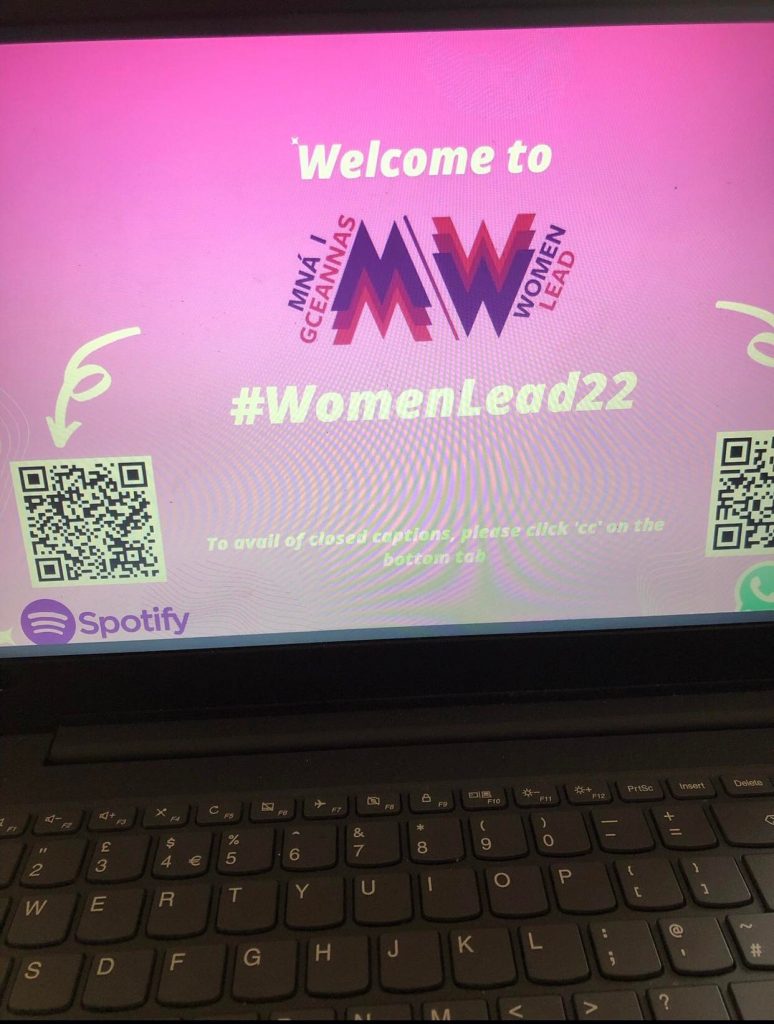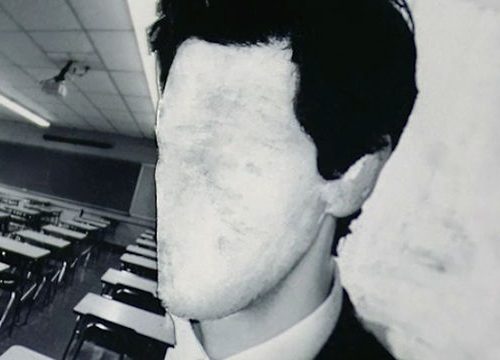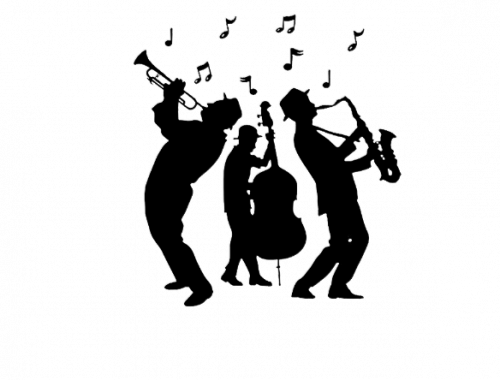From Self Conscious to Self Assured: A blog on how I overcame career related challenges with confidence.
.
This Blog will give an insight into my challenges with confidence in relation to my work placement. I will explore how I overcame these challenges, what I learned from the experience, and how I will use this moving forward. I will be using the Gibbs Reflective cycle pictured below to evaluate and reflect upon the experience.

The challenges from within (Description)
My placement was quite straightforward in the sense that I did not face too many work-related challenges. I worked as a content writer for Profile tree and thoroughly enjoyed my experience. The main challenge that I faced however, was with my own confidence in my abilities. I had never worked as a writer before and at times I struggled to believe that I had the sufficient skills for the job. In my role I was writing Blog posts for companies aiming to help them boost their engagement and interactions with their audience. It was important for me to be confident in doing this, as Chaffey highlights, an important part of digital media is providing “assurance” to your audience.
I did a number of things throughout my placement in an attempt to tackle this challenge. Going back to the beginning, I completed a course on content writing provided by my placement manager, prior to writing my first blog. This enabled me to learn more about the technical and procedural aspects of content writing and what kind of level of work was expected of me. In addition to this, I also utilised the feedback from my placement manager in order to use it to improve upon my future work. I received weekly feedback on my Blog Post’s which was able to validate that I was completing the work correctly, and also gave me points upon which I could improve for future posts. Furthermore, I took some time outside of my placement to also work on this challenge. I attended an online conference ran by the Union of Students in Ireland called Women Lead which aimed to improve confidence for women in careers. This was an incredible experience and one that I will never forget. It involved a variety of activities and workshops over two days. For example, some workshops included “value and goal setting” and “overcoming fears” which were of particular use to me. It hugely benefited my confidence and consequently boosted my motivation for writing for my placement.
Feelings
In terms of my feelings, during the start of my placement I was mostly nervous about the pressure that I put on myself to do well. As I progressed, I started to get more confident in my abilities, and I would say the emotion I experienced was pride: I was proud of my progress, and I was proud of the content that I was creating.
Evaluation
The experience was challenging of course, but it was also insightful. Self-improvement is a very important part of building up your confidence in careers and your willingness to do so is something that employers will respect. Although initially the experience was negative, ultimately what I gained through it was beneficial. I learned that challenges do not necessarily need to be barriers to success, they can be opportunities to further develop your skills and learn more about yourself. Although my challenge was not related to something physical like workload, being able to recognise and overcome personal challenges through critical thinking is increasingly important in careers, as Pearson highlights through this writing, “Increasingly, employers offer jobs to graduates on the basis that the thinking skills a candidate can demonstrate are transferable to the workplace”.

Analysis
My experience of the Women Lead conference showed me that I was not the only one who faced challenges with confidence when it comes to careers. Speaking to others made me more conscious of the fact that women are more likely to experience imposter syndrome when it comes to careers. Essentially, we will downplay our roles and feel as though we have to work harder than others to add validate our contributions. Hearing shared experiences and taking part in workshops enabled me to become more aware of the fact that the problem was not necessarily just with my own confidence, but rather such challenges are heightened by a societal structure in which women are undervalued and underrepresented in career settings, this is particularly true of the media industry of which my placement was in. Robertson writes about how one of the ways to overcome imposter syndrome is to “find social support”, which is essentially what I did in this situation. The relevance of this experience is that it allowed me to reflect upon why I did not feel confident in myself. Boud’s writing sums up the importance of understanding situations in order to be able to reflect on them, “If people’s awareness of what is happening to them can be heightened, and if they can intentionally examine life events, then they can make more of each experience.”
What else could I have done? (Conclusion)
I believe that I sufficiently dealt with this challenge, and I would act similarly if something of this nature arose again. However, if I was to do anything differently in a workplace setting, I may ask for advice from my colleagues. Because of the nature of the placement being online it was quite difficult to do this for my specific placement. However, in a typical setting this would be a possibility to consider, as colleagues can offer helpful insights into how they are feeling too. Overall, I was able to use initiative and guidance to overcome this challenge and feel that I have gained valuable experience from it.
How will this experience aid the future? (Action Plan)
The experience of overcoming these challenges in the work placement setting will greatly aid my future work environments. I was able to regain my confidence in writing and it reignited my interest in content writing as a career option. I plan to put some more time into writing in the summer in particular to go back to my well-loved hobby of submitting work to literary projects.
Bibliography
- Boud, David, Reflection : Turning Experience into Learning, Taylor & Francis Group, 1985
- Pearson Education, How to Improve your Critical Thinking & Reflective Skills, 2013.
- Chaffey, Dave, and Fiona Ellis-Chadwick. Digital Marketing, Pearson Education, Limited, 2019.
- Robertson, Judy, et al. “Dealing with Imposter Syndrome.” EqualBITE: Gender Equality in Higher Education, edited by Judy Robertson et al., Brill, 2018,
Losing Focus 2
You May Also Like

The Equity Of Detachment
25 March 2022
Improvising like jazz
27 March 2022
